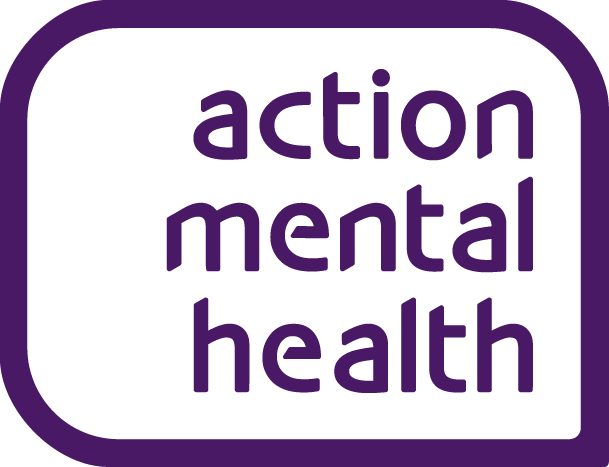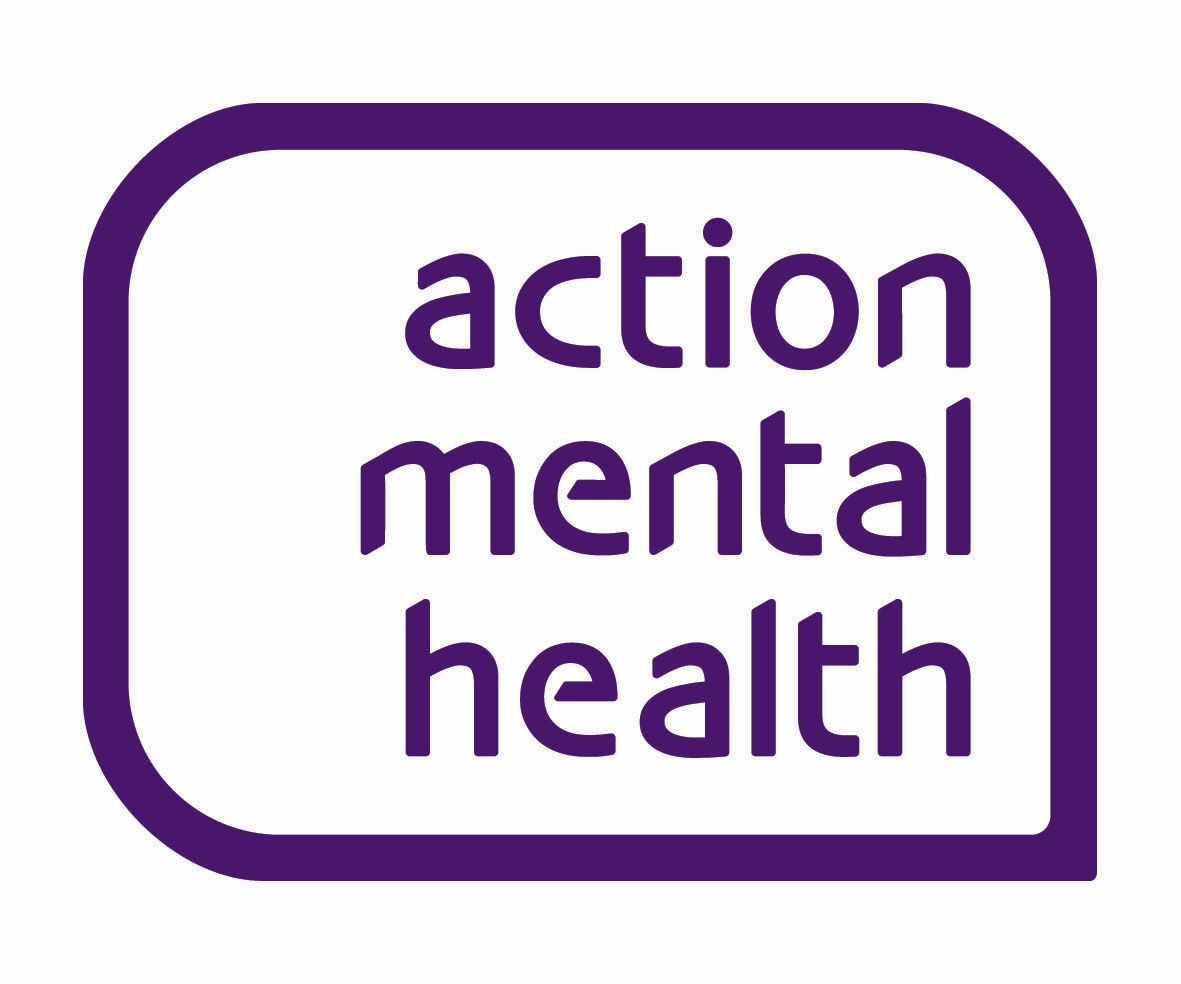If you are
experiencing a significant loss, you may find yourself experiencing some of the
following symptoms:
- Shock
and numbness, often compared to feeling “in a daze”
- Denial,
feeling unable to accept the reality of the loss
- Confusion,
feeling confused about your identity or the direction of your life after loss
- Anxiety
and panic
- Overwhelming
sadnesS
- Exhaustion
- Feeling
overwhelmed, whether that be about the magnitude of your grief or about life
after loss
- Anger-
towards the person you have lost or the reason for your loss
- Guilt-
for example, guilt about being angry, about something you said or did not say,
or guilt about not being able to prevent the death of a loved one
- Withdrawal
from others or wanting to be constantly surrounded by others
- Physical
symptoms such as sleep problems, appetite changes, headaches, stomach aches
etc.
Some research
has suggested that grief may presented as a cycle of mourning. Whilst some
people move sequentially through this cycle, for others these stages are
non-linear. Whilst some people experience all of the stages, others experience
only some. Overall, the five stages of grief are a useful framework to
understand some of the complex emotions associated with loss, however it is
important to remember that no two people will experience grief in exactly the
same way.
It is
common to feel numb within the early stages of bereavement. Whilst we may know
that our loved one has died, it can be hard to believe that they are not coming
back. It’s common for individuals to instinctively try to call a loved one who
has died or to factor their loved one into future plans.
Death
can feel cruel and unfair. It is completely natural to feel angry that someone
has died before their time, that more couldn’t be done to save them or that you
have to live life without someone you love. It’s also common to feel angry
towards the person who has died, or angry at ourselves for things we wish we
did differently when they were alive.
In times
of immense pain, it can be difficult to accept that we are not in control of
our situation. Within the bargaining stage, people often want to believe that
if they behave in particular ways then we will feel better or the situation
will change. It’s also common to find yourself reliving past events and wishing
that you could change the past in order for the present to have turned out
differently.
Depression
is often associated with grief, yet this pain will look different from one
person to the next. For some people, depression comes and goes in waves, for
others it may manifest as a consistent feeling of pain and sadness. Feelings of
depression can be overwhelming- you may feel heavy, confused or even hopeless.
Whilst this pain is immensely challenging, with the right support, things can
and do get better.
Acceptance
is not necessarily about having moved on from grief or loss. Instead, in this
stage, we learn to accept our loss and understand what it means for our lives.
You may start to notice that there are more good days than bad days. There may
still be bad- and that’s okay. Acceptance is the process of allowing ourselves
to live again, while keeping the memories of those we’ve lost close to us.
There really is
no set timeframe for how long grief lasts. For some people, the first year
feels the hardest- with every “first” (birthday, anniversary, Christmas)
feeling particularly painful. For others, the first year is spent trying to
distract yourself and keep busy, whereas the second year is when reality fully
sets in. In longer term grief, you may feel a heaviness that the world keeps
moving forward when someone you care deeply for is not there. Remember, no
matter how long it has been, your grief is valid and it is real. Whether it’s
been a week or a decade, you deserve to save space for your feelings and you
deserve support.
Living with
grief is not about ceasing the relationship with the person we have lost.
Instead, it’s about working out ways to remember and cherish them, carrying
memories of our loved ones into our lives going forward. The loss of a loved
one will always be felt, but there are a few steps you can take to make dealing
with grief a little easier:
The pain of grief can feel overwhelming so it’s understandable that we
try and find ways to suppress these feelings. However, healing comes from acknowledging
our pain and trying to find ways to express these emotions. Some people find it
helpful to keep a “grief journal”- this is a space where you allow yourself to
write about how you’re feeling without judgement. Some useful things to include
within your grief journal might be:
- Working
through thoughts: In the midst of grief, our thoughts can feel messy and
confusing. Sometimes simply putting them on paper can be enough to help us
think a little bit more clearly.
- Memories:
It’s common in grief to worry that we might forget things about our loved ones
or we may lose track of memories together. Keeping a journal can help you to
write down the little details of your favourite memories and relive glimmers of
happy times spent together.
- Progress: Your
journal can help you to see how far you’ve come. You may begin to notice how
you’ve adapted better coping strategies or overcoming challenging thought
patterns
When
we are in the midst of grief, it can be incredibly challenging to look after
even our most basic needs. You may find yourself forgetting to eat, struggling
to sleep or finding it hard to get outside. Going from 0 to 100 may feel
incredibly overwhelming, instead try to set small and manageable goals to construct
a routine that leaves room for you to feel your feelings whilst also ensuring
that you’re tending to your basic needs. For example, rather than jumping back
into cooking straight away, why not order a few ready meals that will encourage
you to eat. Instead of setting the target of daily runs, start by trying to get
outside for just five minutes a day. Starting small enables you to minimise
overwhelm. As you begin to routinely get used to doing the small things, you
can start to think about increasing certain aspects- for example, walking for
10 minutes a day rather than 5 or cooking once a week.
When someone dies, it can be helpful to find tangible ways to honour
their memory. Some useful ways to honour your loved one include:
o
Making
a memory box of things that remind you of themo
Writing
them a letter explaining the emotions you feel after their loss or telling them
the things you wish you could say to them.
o
Making
a meal that reminds you of them. Perhaps you used to eat spaghetti Bolognese on
rainy days with your loved one or maybe they had a particular takeaway order-
eating these meals can bring a sense of comfort when you’re missing your loved
one.
o
Speak
to those who knew them. Your loved one has inevitably touched the lives of so
many people- whether that’s friends, family, colleagues or even old school friends.
Spending time with those who also loved your loved one can be a beautiful way
to honour who they were and the impact they had on those around them.
o
Donate
to a charity that was important to them. Perhaps your loved one was passionate
about a specific cause, choosing to donate to a charity in their honour is a
great way to continue their legacy.
After losing someone close to you, it can be hard to reach out for
support. Whilst many people may reach out and tell you that they’re “here if
you need anything”, it can feel overwhelming to know what you need, never mind
asking for it. It can be useful to write out things you would feel comfortable
with others helping with. This can include cooking meals, doing laundry, helping
you to contact work, assisting with childcare or simply checking in with you a
certain amount of times a week. You can refer to this list or you can give it
to someone close to you to distribute amongst others. Remember
that it’s also okay to ask for professional help and support! Grief can feel
lonely and isolating, and often it’s easier to talk to someone we don’t know
than someone we do! Visiting your GP can be a helpful first step in gaining
support, or you can look into some of the support services below for specialist
bereavement support.
Bereaved
NI: Bereaved NI provides information and support for those navigating grief.
This includes practical information on how to navigate the practical, legal and
financial steps that may be necessary when someone dies. They also share a range
of self-help resources and signposts for emotional support when managing
bereavement. https://bereaved.hscni.net/
Cruse
Bereavement Support: Cruse provides emotional and practical support for those
navigating grief and loss. This includes a confidential helpline, one to one
support, support for children and young people, training and self-help
resources. https://www.cruse.org.uk/get-support/
Lighthouse:
Lighthouse provides a range of services designed to support individuals who
have been bereaved by suicide. These include 1:1 support, therapy and support
groups. https://lighthousecharity.com/support/self-referral/suicide-bereavement-support-service
Survivors
of Bereavement by Suicide: SOBs offers peer-led support to adults affected by
suicide loss. https://uksobs.com/
Safe
Harbour: An illustrated storybook for children who have been bereaved by
suicide. It has been developed by bereavement experts- including professionals
and people with lived experience – to help a child with their grief by
encouraging conversation and developing their understanding of death and
suicide https://www.childhoodbereavement.ie/safeharbour/
Sands: Sands
supports anyone who has been affected by pregnancy loss or the death of a baby
before, during or shortly after birth. https://www.sands.org.uk/support-you
The Child Funeral Fund: The Child Funeral Fund
provides a payment to cover funeral expenses after the death of a child under
the age of 18, or stillborn after the 24th week of pregnancy: https://www.nidirect.gov.uk/articles/child-funeral-fund
Fresh Minds Education Bereavement Support supporting
Children Young People and their Families. https://freshmindseducation.com/bereavement-support/

